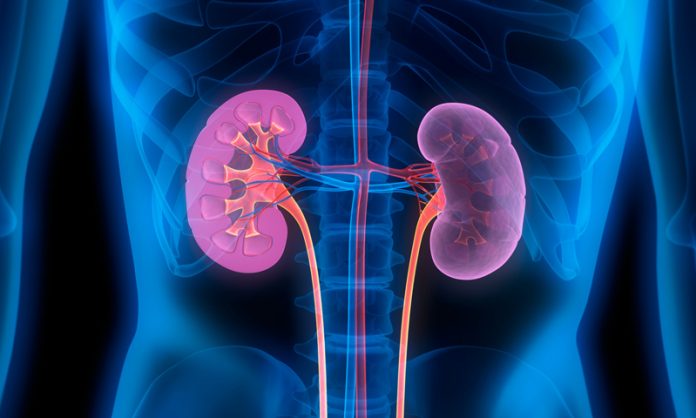ISLAMABAD: Climate change may be accelerating rates of chronic kidney disease caused by dehydration and heat stress.
According to research appearing in an upcoming issue of the Clinical Journal of the American Society of Nephrology (CJASN).
The findings suggest that a condition called heat stress nephropathy may represent a disease of neglected populations, but one that may emerge as a major cause of poor kidney health in the near future.
Over the next century, climate change and resulting water shortages are likely to affect a wide variety of health issues related to dehydration and heat stress with risks increasing for cognitive dysfunction, malnutrition, water-borne infectious diseases, chronic kidney disease, and other conditions.
A team led by Richard Johnson, MD, Jay Lemery, MD (University of Colorado School of Medicine), and Jason Glaser (La Isla Foundation) sought to describe reports of heat stress nephropathy or chronic kidney disease consistent with heat stress that are already occurring throughout the world.
The investigators found that chronic kidney disease that is not associated with traditional risk factors appears to be increasing in rural hot communities as worldwide temperature progressively rises, the telegraph reported.
They believe the risk for heat stress nephropathy has increased due to global warming and an increase in extreme heat waves, and it is having a disproportionate impact on vulnerable populations, such as agricultural workers.
Decreasing precipitation exacerbates this epidemic by reducing the water supply and water quality as temperatures climbs.
The researchers recommend that governments and scientists work together to conduct epidemiological and clinical studies to document the presence of these epidemics and their magnitude.





